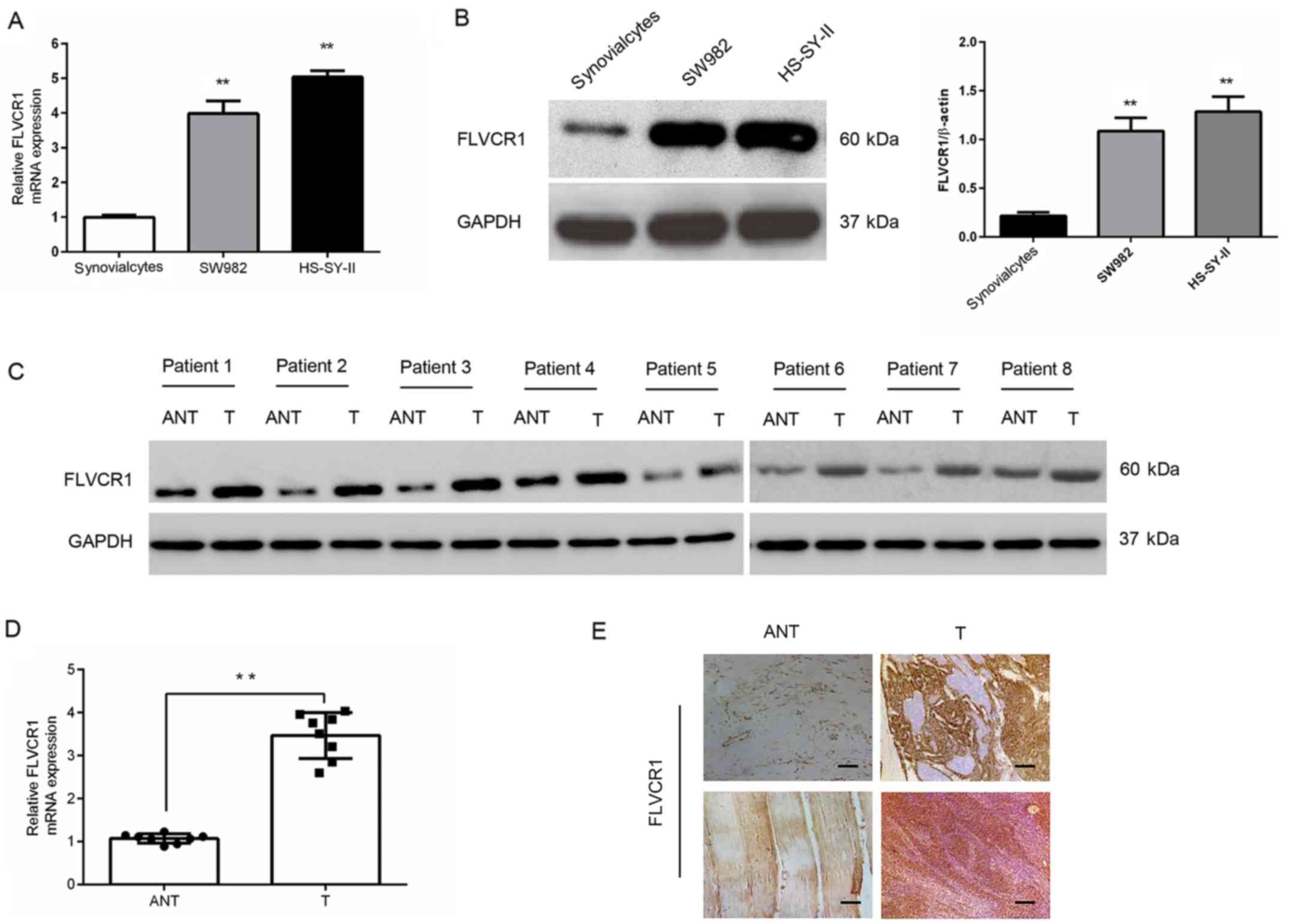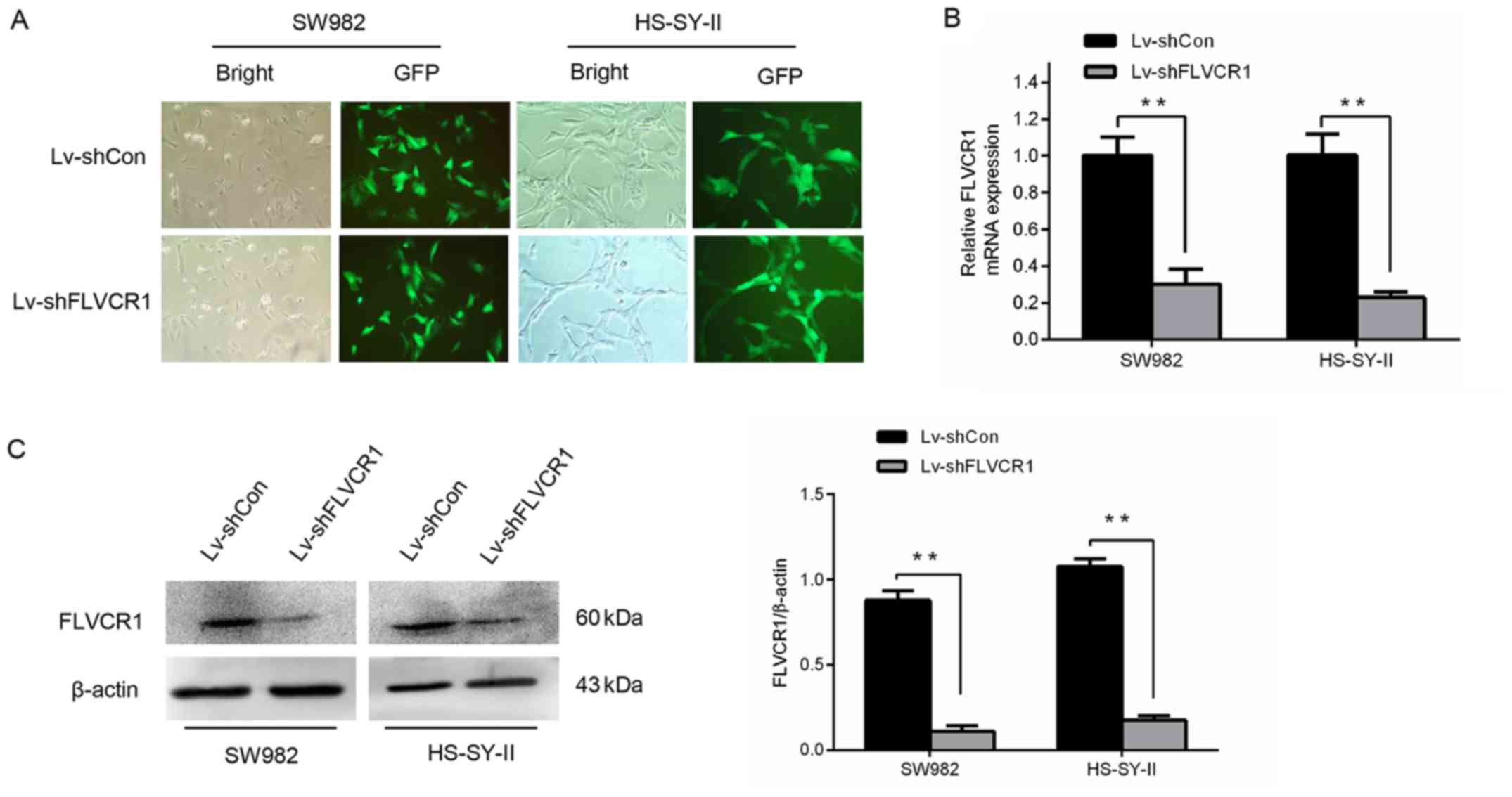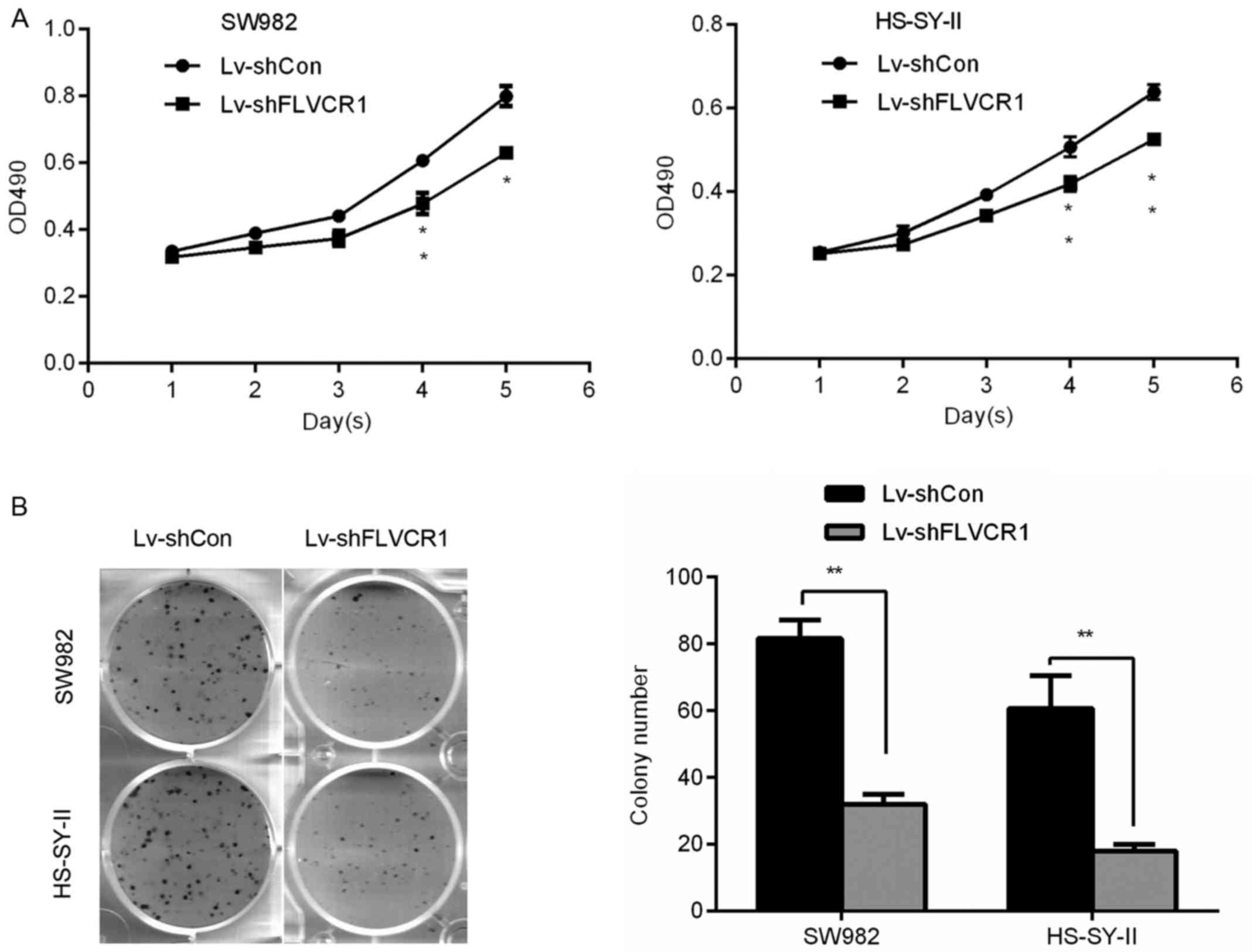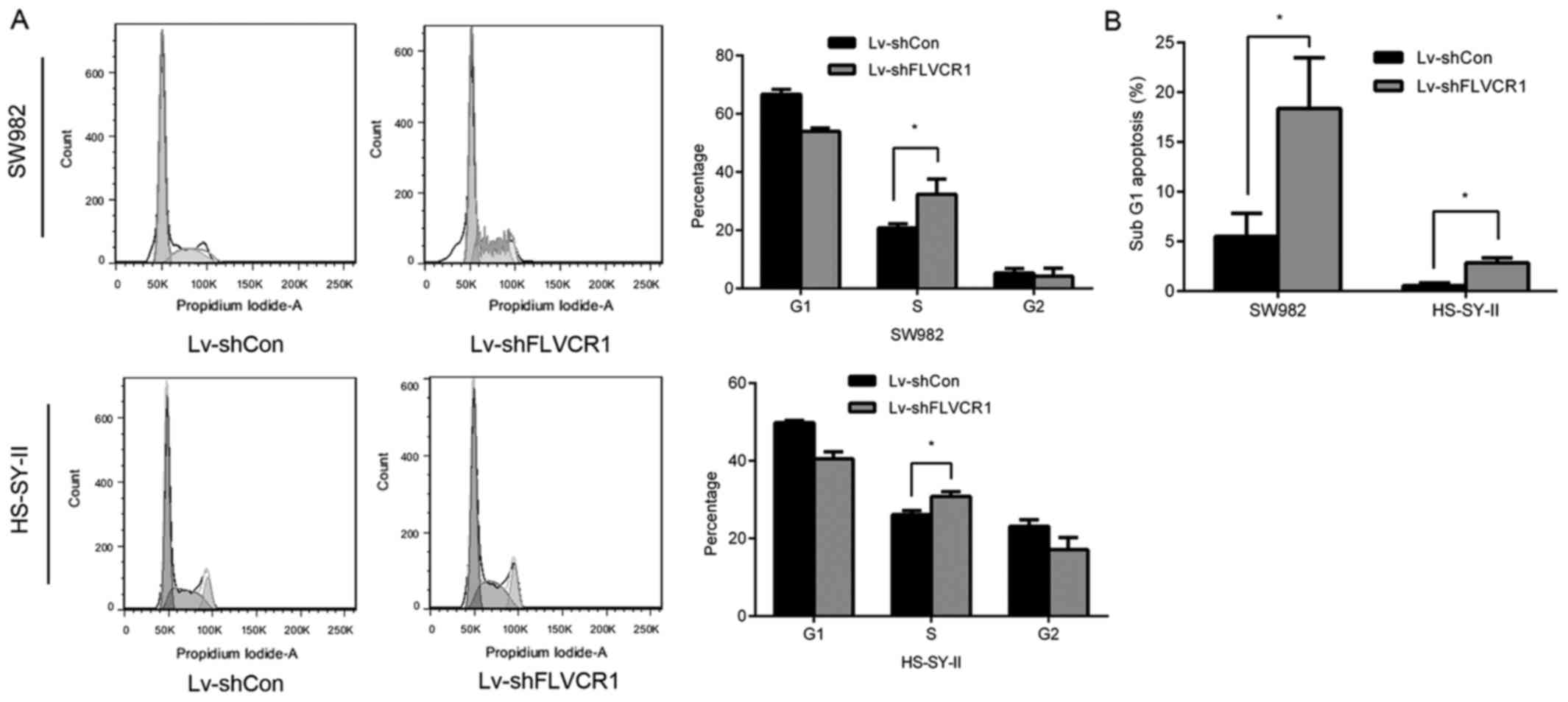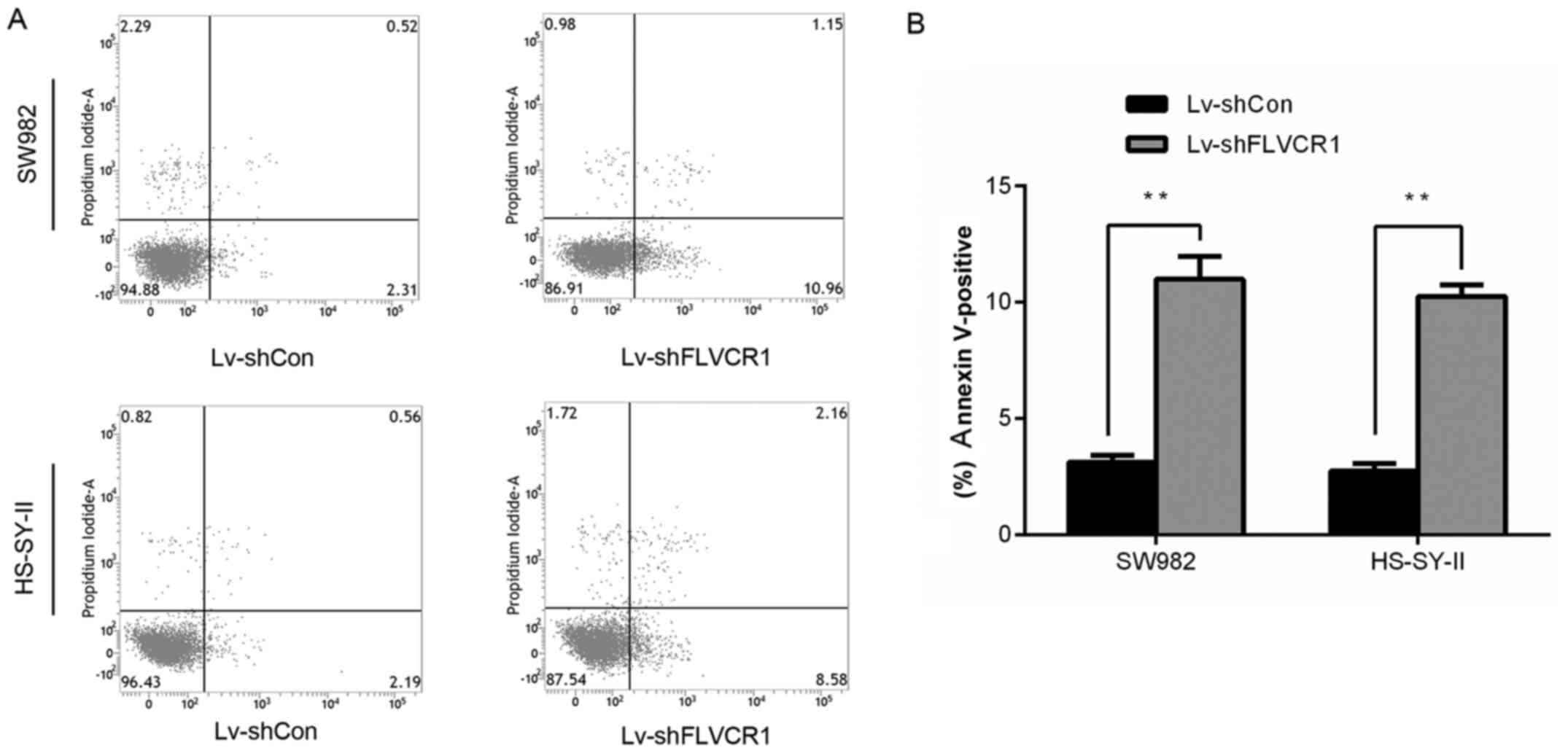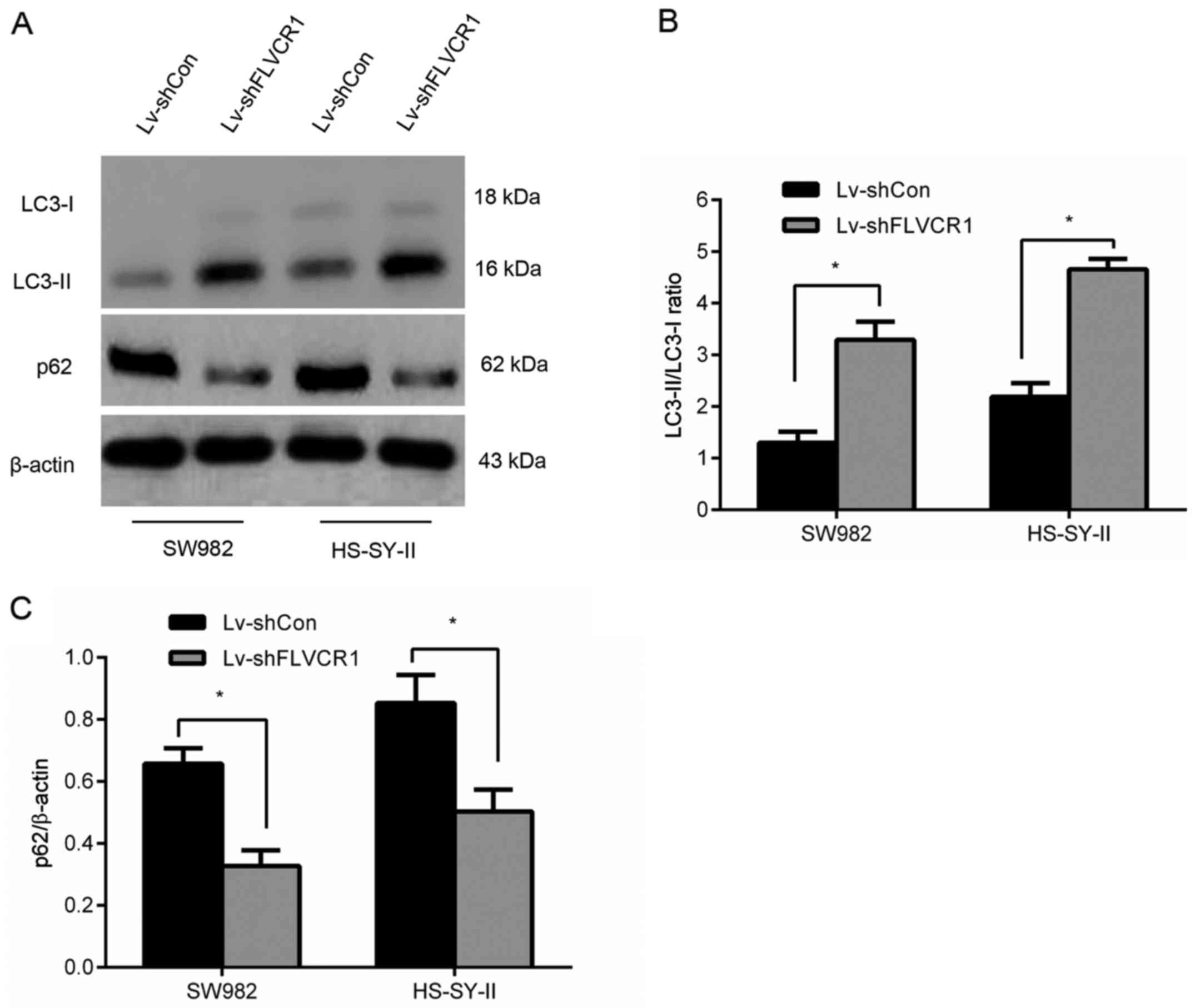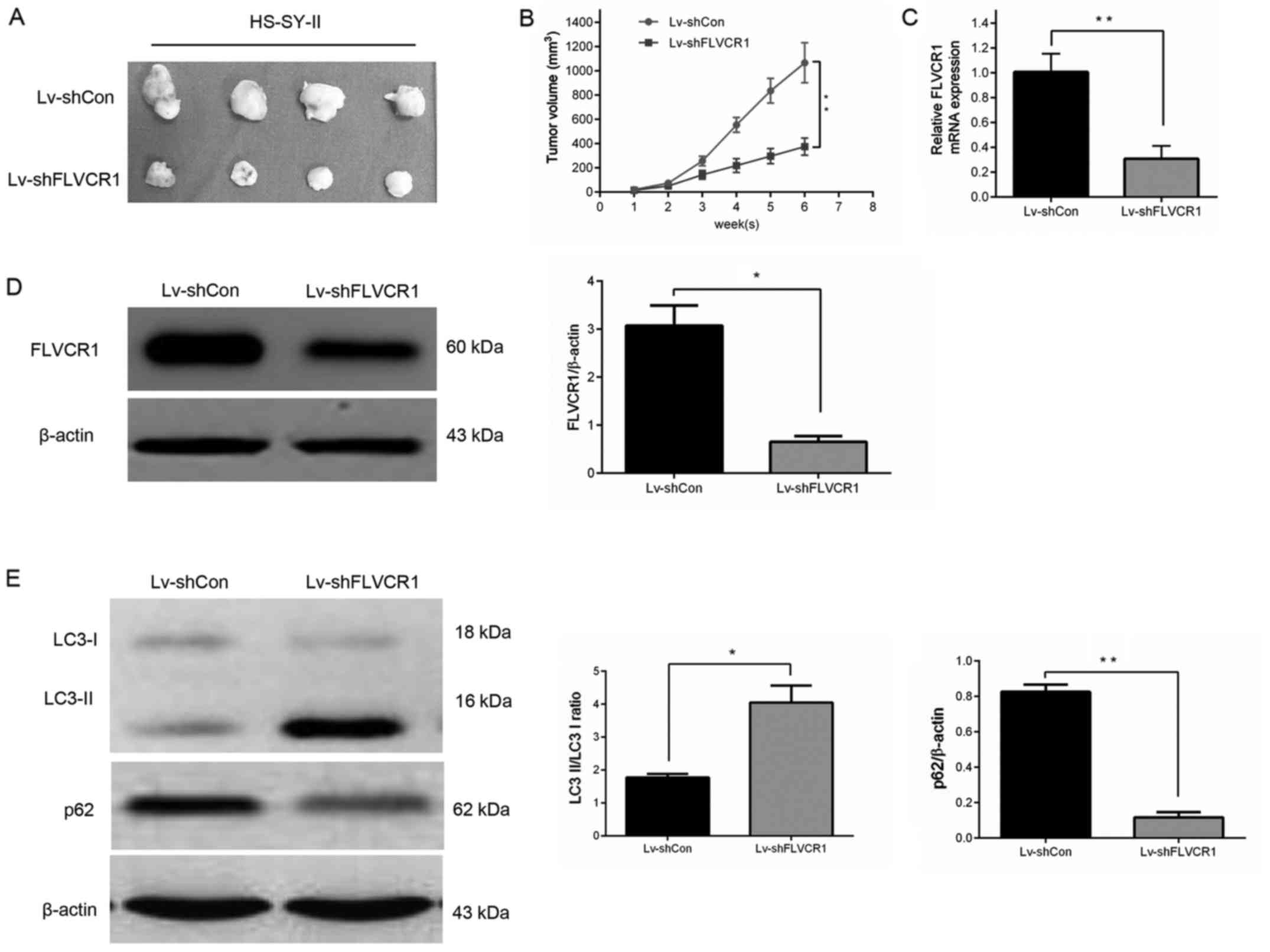|
1
|
Haldar M, Hancock JD, Coffin CM, Lessnick
SL and Capecchi MR: A conditional mouse model of synovial sarcoma:
Insights into a myogenic origin. Cancer Cell. 11:375–388. 2007.
View Article : Google Scholar : PubMed/NCBI
|
|
2
|
Trautmann M, Sievers E, Aretz S, Kindler
D, Michels S, Friedrichs N, Renner M, Kirfel J, Steiner S, Huss S,
et al: SS18-SSX fusion protein-induced Wnt/β-catenin signaling is a
therapeutic target in synovial sarcoma. Oncogene. 33:5006–5016.
2014. View Article : Google Scholar
|
|
3
|
Herzog CE: Overview of sarcomas in the
adolescent and young adult population. J Pediatr Hematol Oncol.
27:215–218. 2005. View Article : Google Scholar : PubMed/NCBI
|
|
4
|
Lewis JJ, Antonescu CR, Leung DH, Blumberg
D, Healey JH, Woodruff JM and Brennan MF: Synovial sarcoma: A
multivariate analysis of prognostic factors in 112 patients with
primary localized tumors of the extremity. J Clin Oncol.
18:2087–2094. 2000. View Article : Google Scholar : PubMed/NCBI
|
|
5
|
Ladanyi M, Antonescu CR, Leung DH,
Woodruff JM, Kawai A, Healey JH, Brennan MF, Bridge JA, Neff JR,
Barr FG, et al: Impact of SYT-SSX fusion type on the clinical
behavior of synovial sarcoma: A multi-institutional retrospective
study of 243 patients. Cancer Res. 62:135–140. 2002.PubMed/NCBI
|
|
6
|
Palmerini E, Staals EL, Alberghini M,
Zanella L, Ferrari C, Benassi MS, Picci P, Mercuri M, Bacci G and
Ferrari S: Synovial sarcoma: Retrospective analysis of 250 patients
treated at a single institution. Cancer. 115:2988–2998. 2009.
View Article : Google Scholar : PubMed/NCBI
|
|
7
|
Peng C, Zhao H, Chen W, Song Y, Wang X, Li
J, Qiao Y, Wu D, Ma S, Wang X, et al: Identification of SHCBP1 as a
novel downstream target gene of SS18-SSX1 and its functional
analysis in progression of synovial sarcoma. Oncotarget.
7:66822–66834. 2016. View Article : Google Scholar : PubMed/NCBI
|
|
8
|
Qi Y, Wang N, He Y, Zhang J, Zou H, Zhang
W, Gu W, Huang Y, Lian X, Hu J, et al: Transforming growth
factor-β1 signaling promotes epithelial-mesenchymal transition-like
phenomena, cell motility, and cell invasion in synovial sarcoma
cells. PLoS One. 12:e01826802017. View Article : Google Scholar
|
|
9
|
Przybyl J, Jurkowska M, Rutkowski P,
Debiec-Rychter M and Siedlecki JA: Downstream and intermediate
interactions of synovial sarcoma-associated fusion oncoproteins and
their implication for targeted therapy. Sarcoma. 2012:2492192012.
View Article : Google Scholar : PubMed/NCBI
|
|
10
|
Chiabrando D, Marro S, Mercurio S, Giorgi
C, Petrillo S, Vinchi F, Fiorito V, Fagoonee S, Camporeale A, Turco
E, et al: The mitochondrial heme exporter FLVCR1b mediates
erythroid differentiation. J Clin Invest. 122:4569–4579. 2012.
View Article : Google Scholar : PubMed/NCBI
|
|
11
|
Keel SB, Doty RT, Yang Z, Quigley JG, Chen
J, Knoblaugh S, Kingsley PD, De Domenico I, Vaughn MB, Kaplan J, et
al: A heme export protein is required for red blood cell
differentiation and iron homeostasis. Science. 319:825–828. 2008.
View Article : Google Scholar : PubMed/NCBI
|
|
12
|
Quigley JG, Yang Z, Worthington MT,
Phillips JD, Sabo KM, Sabath DE, Berg CL, Sassa S, Wood BL and
Abkowitz JL: Identification of a human heme exporter that is
essential for erythropoiesis. Cell. 118:757–766. 2004. View Article : Google Scholar : PubMed/NCBI
|
|
13
|
Fiorito V, Neri F, Pala V, Silengo L,
Oliviero S, Altruda F and Tolosano E: Hypoxia controls Flvcr1 gene
expression in Caco2 cells through HIF2α and ETS1. Biochim Biophys
Acta. 1839:259–264. 2014. View Article : Google Scholar
|
|
14
|
Mercurio S, Petrillo S, Chiabrando D,
Bassi ZI, Gays D, Camporeale A, Vacaru A, Miniscalco B, Valperga G,
Silengo L, et al: The heme exporter Flvcr1 regulates expansion and
differentiation of committed erythroid progenitors by controlling
intracellular heme accumulation. Haematologica. 100:720–729. 2015.
View Article : Google Scholar : PubMed/NCBI
|
|
15
|
Chiabrando D, Castori M, di Rocco M,
Ungelenk M, Giesselmann S, Di Capua M, Madeo A, Grammatico P,
Bartsch S, Hübner CA, et al: Mutations in the heme exporter FLVCR1
cause sensory neurodegeneration with loss of pain perception. PLoS
Genet. 12:e10064612016. View Article : Google Scholar : PubMed/NCBI
|
|
16
|
Rajadhyaksha AM, Elemento O, Puffenberger
EG, Schierberl KC, Xiang JZ, Putorti ML, Berciano J, Poulin C,
Brais B, Michaelides M, et al: Mutations in FLVCR1 cause posterior
column ataxia and retinitis pigmentosa. Am J Hum Genet. 87:643–654.
2010. View Article : Google Scholar : PubMed/NCBI
|
|
17
|
Vinchi F, Ingoglia G, Chiabrando D,
Mercurio S, Turco E, Silengo L, Altruda F and Tolosano E: Heme
exporter FLVCR1a regulates heme synthesis and degradation and
controls activity of cytochromes P450. Gastroenterology.
146:1325–1338. 2014. View Article : Google Scholar : PubMed/NCBI
|
|
18
|
Fiorito V, Forni M, Silengo L, Altruda F
and Tolosano E: Crucial role of FLVCR1a in the maintenance of
intestinal heme homeostasis. Antioxid Redox Signal. 23:1410–1423.
2015. View Article : Google Scholar : PubMed/NCBI
|
|
19
|
Mercurio S, Aspesi A, Silengo L, Altruda
F, Dianzani I and Chiabrando D: Alteration of heme metabolism in a
cellular model of Diamond-Blackfan anemia. Eur J Haematol.
96:367–374. 2016. View Article : Google Scholar
|
|
20
|
Zeng Z, Lin H, Zhao X, Liu G, Wang X, Xu
R, Chen K, Li J and Song L: Overexpression of GOLPH3 promotes
proliferation and tumorigenicity in breast cancer via suppression
of the FOXO1 transcription factor. Clin Cancer Res. 18:4059–4069.
2012. View Article : Google Scholar : PubMed/NCBI
|
|
21
|
Jiao G, Guo W, Ren T, Lu Q, Sun Y, Liang
W, Ren C, Yang K and Sun K: BMPR2 inhibition induced apoptosis and
autophagy via destabilization of XIAP in human chondrosarcoma
cells. Cell Death Dis. 5:e15712014. View Article : Google Scholar : PubMed/NCBI
|
|
22
|
Livak KJ and Schmittgen TD: Analysis of
relative gene expression data using real-time quantitative PCR and
the 2(−Delta Delta C(T)) method. Methods. 25:402–408. 2001.
View Article : Google Scholar
|
|
23
|
Peng C, Zhao H, Song Y, Chen W, Wang X,
Liu X, Zhang C, Zhao J, Li J, Cheng G, et al: SHCBP1 promotes
synovial sarcoma cell metastasis via targeting TGF-β1/Smad
signaling pathway and is associated with poor prognosis. J Exp Clin
Cancer Res. 36:1412017. View Article : Google Scholar
|
|
24
|
Han RL, Wang FP, Zhang PA, Zhou XY and Li
Y: miR-383 inhibits ovarian cancer cell proliferation, invasion and
aerobic glycolysis by targeting LDHA. Neoplasma. 64:244–252. 2017.
View Article : Google Scholar : PubMed/NCBI
|
|
25
|
Peng C, Guo W, Yang Y and Zhao H:
Downregulation of SS18-SSX1 expression by small interfering RNA
inhibits growth and induces apoptosis in human synovial sarcoma
cell line HS-SY-II in vitro. Eur J Cancer Prev. 17:392–398. 2008.
View Article : Google Scholar : PubMed/NCBI
|
|
26
|
Wang S, Liu H, Ren L, Pan Y and Zhang Y:
Inhibiting colorectal carcinoma growth and metastasis by blocking
the expression of VEGF using RNA interference. Neoplasia.
10:399–407. 2008. View Article : Google Scholar : PubMed/NCBI
|
|
27
|
Brown KD and Robertson KD: DNMT1 knockout
delivers a strong blow to genome stability and cell viability. Nat
Genet. 39:289–290. 2007. View Article : Google Scholar : PubMed/NCBI
|
|
28
|
Shimizu S, Kanaseki T, Mizushima N, Mizuta
T, Arakawa-Kobayashi S, Thompson CB and Tsujimoto Y: Role of Bcl-2
family proteins in a non-apoptotic programmed cell death dependent
on autophagy genes. Nat Cell Biol. 6:1221–1228. 2004. View Article : Google Scholar : PubMed/NCBI
|
|
29
|
Sun Y, Guo W, Ren T, Liang W, Zhou W, Lu
Q, Jiao G and Yan T: Gli1 inhibition suppressed cell growth and
cell cycle progression and induced apoptosis as well as autophagy
depending on ERK1/2 activity in human chondrosarcoma cells. Cell
Death Dis. 5:e9792014. View Article : Google Scholar : PubMed/NCBI
|
|
30
|
Ogata M, Hino S, Saito A, Morikawa K,
Kondo S, Kanemoto S, Murakami T, Taniguchi M, Tanii I, Yoshinaga K,
et al: Autophagy is activated for cell survival after endoplasmic
reticulum stress. Mol Cell Biol. 26:9220–9231. 2006. View Article : Google Scholar : PubMed/NCBI
|
|
31
|
Maiuri MC, Zalckvar E, Kimchi A and
Kroemer G: Self-eating and self-killing: Crosstalk between
autophagy and apoptosis. Nat Rev Mol Cell Biol. 8:741–752. 2007.
View Article : Google Scholar : PubMed/NCBI
|
|
32
|
Vangamudi B, Paul TA, Shah PK,
Kost-Alimova M, Nottebaum L, Shi X, Zhan Y, Leo E, Mahadeshwar HS,
Protopopov A, et al: The SMARCA2/4 ATPase domain surpasses the
bromodomain as a drug target in SWI/SNF-mutant cancers: Insights
from cDNA rescue and PFI-3 inhibitor studies. Cancer Res.
75:3865–3878. 2015. View Article : Google Scholar : PubMed/NCBI
|
|
33
|
Fang Y, Tan J and Zhang Q: Signaling
pathways and mechanisms of hypoxia-induced autophagy in the animal
cells. Cell Biol Int. 39:891–898. 2015. View Article : Google Scholar : PubMed/NCBI
|
|
34
|
Petrillo S, Chiabrando D, Genova T,
Fiorito V, Ingoglia G, Vinchi F, Mussano F, Carossa S, Silengo L,
Altruda F, et al: Heme accumulation in endothelial cells impairs
angiogenesis by triggering paraptosis. Cell Death Differ. Dec
11–2017.Epub ahead of print. PubMed/NCBI
|
|
35
|
Wang L, Jin Z, Wang J, Chen S, Dai L, Lin
D, Wu L and Gao W: Detrimental effect of hypoxia-inducible
factor-1α-induced autophagy on multiterritory perforator flap
survival in rats. Sci Rep. 7:117912017. View Article : Google Scholar
|
|
36
|
Michels S, Trautmann M, Sievers E, Kindler
D, Huss S, Renner M, Friedrichs N, Kirfel J, Steiner S, Endl E, et
al: SRC signaling is crucial in the growth of synovial sarcoma
cells. Cancer Res. 73:2518–2528. 2013. View Article : Google Scholar : PubMed/NCBI
|















